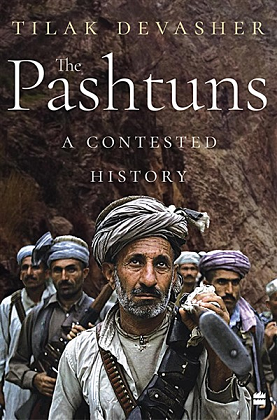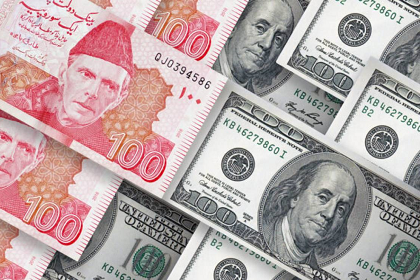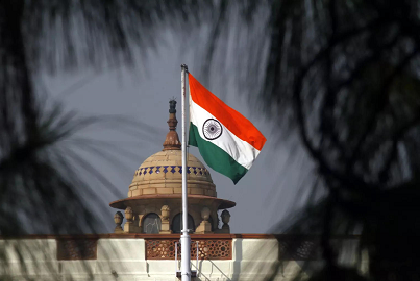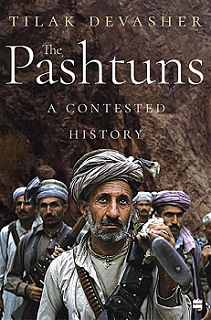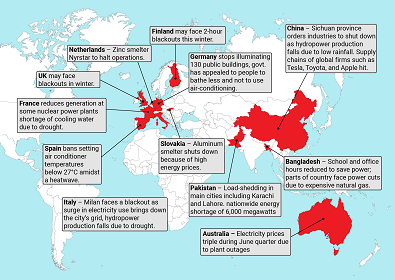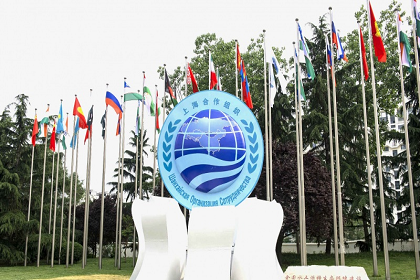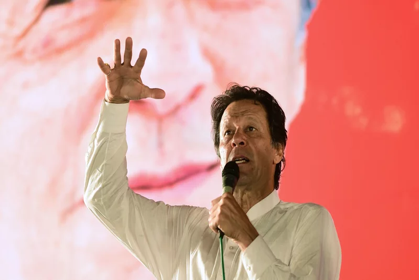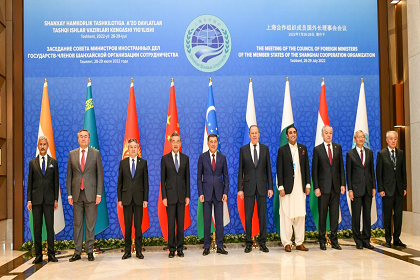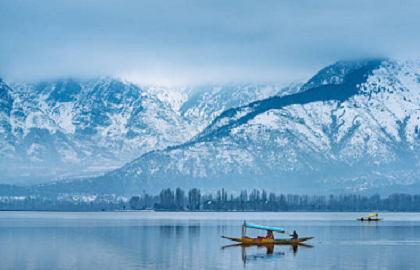Tangled history: the Pashtun
Tilak Devasher's book The Pashtuns: A Contested History delves into the Pashtun tribe, highlighting its geopolitical significance and far-reaching consequences in the South Asian region. Reviewer Tim Willasey-Wilsey says the book brilliantly explains how the Pashtuns were strong-armed into joining Pakistan and why the prospect of Pashtun unity poses a threat to security in Pakistan and the entire region.

